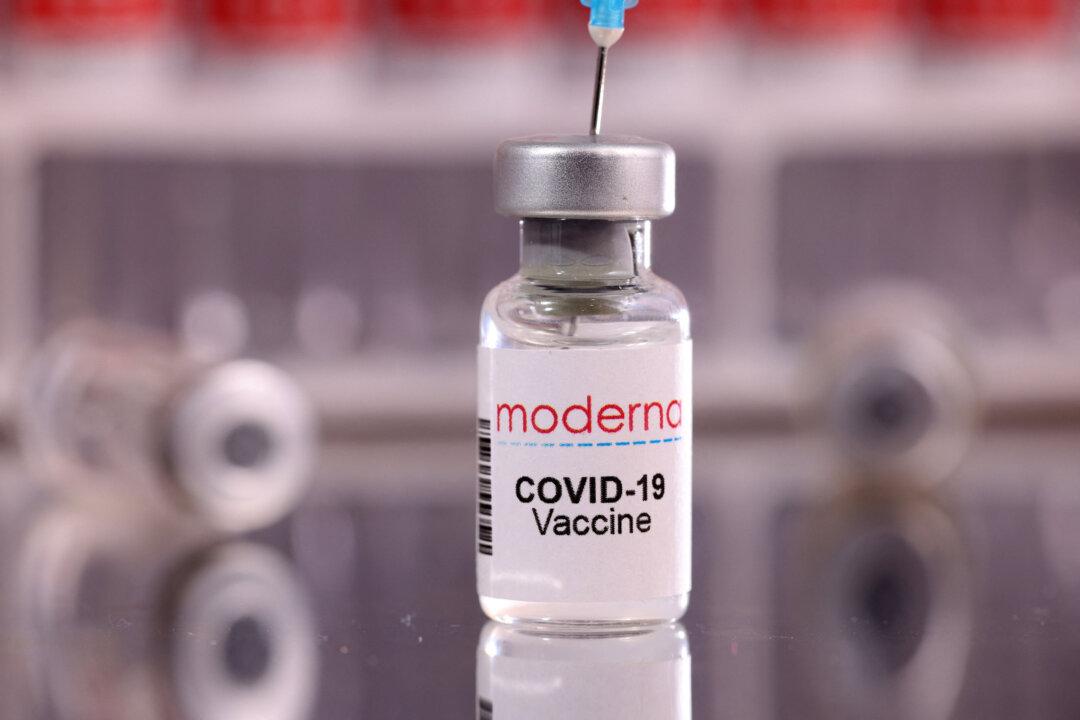Moderna CEO Stéphane Bancel defended his company’s decision to drastically increase the cost of the COVID-19 vaccine in a hearing before the Senate Committee on Health, Education, Labor, and Pensions on March 22.
Committee Chairman Bernie Sanders (I-Vt.), and Ranking Member Bill Cassidy (R-La.) both thanked Bancel for his company’s work to push out a vaccine at the request of the U.S. government during the COVID-19 pandemic.





